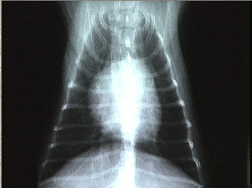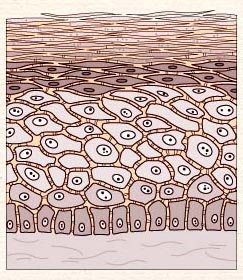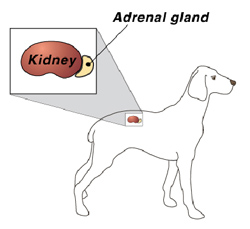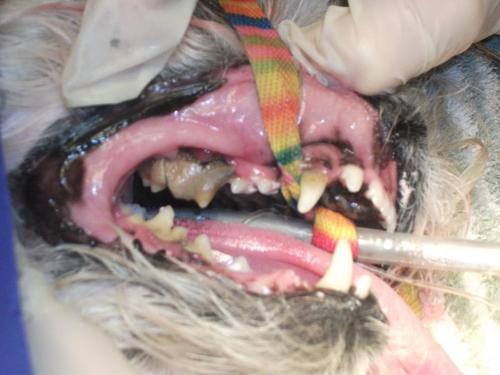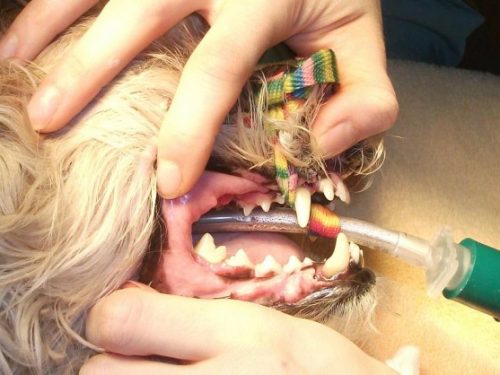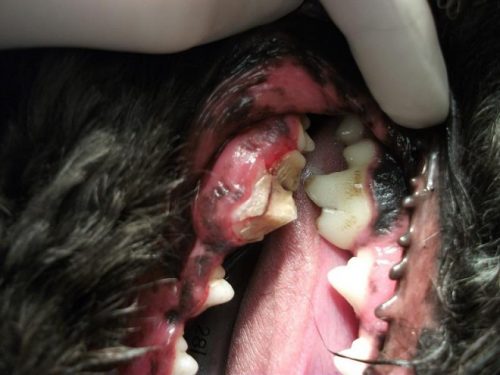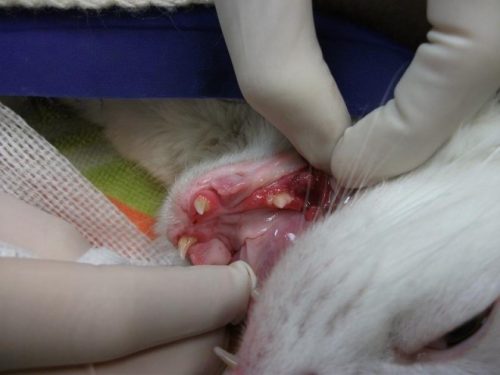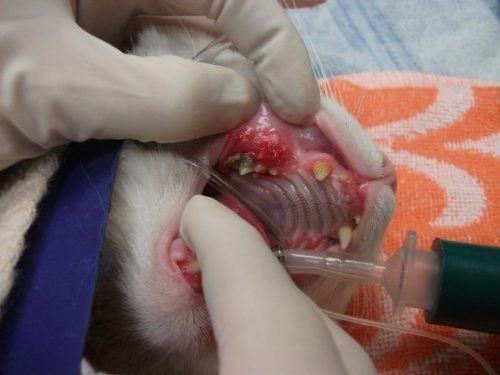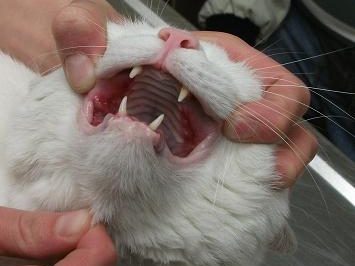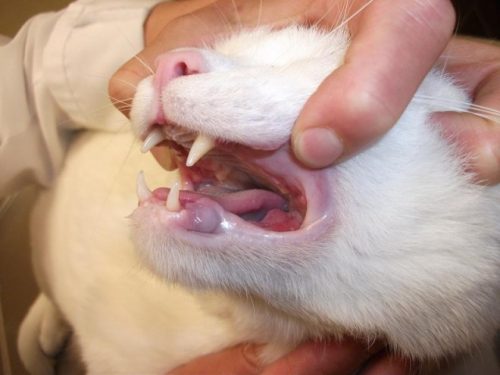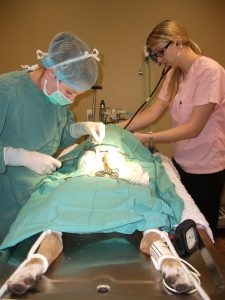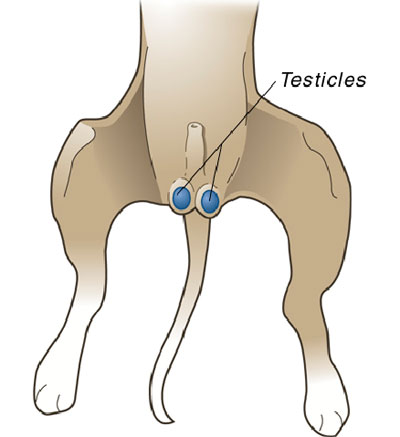Wellness & Vaccination Programs
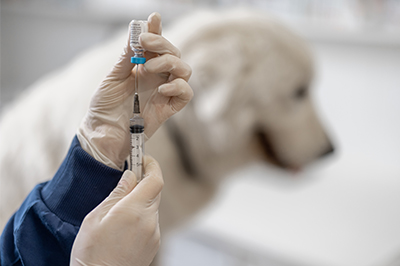
Help us keep your pet healthy by bringing him or her in for regular exams and vaccinations. Dogs and cats (and other pets) age far faster than people, so significant changes in your pet’s health can happen in a short time. Wellness programs allow us to diagnose diseases and conditions early, when they’re easier to treat or manage. Often, we can help prevent diseases entirely, just by ensuring that your pet has received appropriate vaccinations and preventives. We recommend that healthy adult dogs and cats visit us once a year. Puppies, kittens, senior pets, and pets with health issues or illnesses need more frequent checkups. We’ll work with you to create a wellness program, including a vaccination and prevention protocol, for your pet. Call us today to schedule your pet’s wellness exam.
Medical Services

We are equipped to handle a wide variety of medical conditions, including emergencies. Because we can perform many diagnostic procedures in-house, we can often give you immediate answers and start treating your pet faster. In some cases, your pet may require hospitalization and further diagnostic tests. Please take a look at the more detailed descriptions of medical services we offer, or call us to discuss your pet’s needs.
Dentistry

According to the American Veterinary Dental Society, 80% of dogs and 70% of cats have oral disease by the age of 3. It is the most frequently diagnosed health problem in pets. Common signs of oral disease include tartar buildup, red and swollen gums, bad breath, changes in eating or chewing habits, pawing at the face and generalized depression.
A veterinarian should evaluate your pet’s dental health at least once a year. We recommend this because bacteria and food debris accumulates around a pet’s teeth and, if left unchecked, will lead to deterioration of the soft tissue and bone surrounding the teeth. This decay results in irreversible periodontal disease and even tooth loss.
There are other reasons why you should pay close attention to your pet’s dental health. Dental disease can affect other organs in the body: bacteria in the mouth can get into the blood stream and may cause serious kidney infections, liver disease, lung disease, and heart valve disease. Oral disease can also indicate that another disease process is occurring elsewhere in a pet’s body. A physical exam combined with appropriate laboratory work can determine if this is the case.
A veterinarian should evaluate your pet’s dental health at least once a year. We recommend this because bacteria and food debris accumulates around a pet’s teeth and, if left unchecked, will lead to deterioration of the soft tissue and bone surrounding the teeth. This decay results in irreversible periodontal disease and even tooth loss.
There are other reasons why you should pay close attention to your pet’s dental health. Dental disease can affect other organs in the body: bacteria in the mouth can get into the blood stream and may cause serious kidney infections, liver disease, lung disease, and heart valve disease. Oral disease can also indicate that another disease process is occurring elsewhere in a pet’s body. A physical exam combined with appropriate laboratory work can determine if this is the case.
Surgical services

Our veterinarians provide many surgical services at our clinic, ranging from routine to advanced procedures. Because we want to ensure that our patients receive the best possible outcome, we occasionally refer them to specialists (board-certified veterinary surgeons) to perform complex operations when advanced equipment or training will be beneficial. Our veterinary team will take precautions to ensure that your pet receives a safe anesthetic. We perform a physical exam and preanesthetic testing before surgery, monitor your pet during surgery, and provide pain medication during recovery.
Nutrition & Weight Counseling

If your adult dog or cat is healthy, you may have chosen a pet food based simply on whether or not your pet will eat it. Cost may also play a factor in your decision. However, not all pet foods are equal. And feeding the right amount is not as simple as following the directions on the package (they’re just guidelines). Choosing an appropriate diet can set your pet on a path of lifelong good nutrition and help prevent many problems, including allergies, nutritional deficiencies, skin and coat disorders, and obesity.
Nutritional requirements for dogs and cats vary depending on a variety of factors, including age, breed, and health. For instance, senior pets have different requirements than puppies or kittens, and animals with diabetes, kidney disease, and other health conditions can benefit from specific diets. Our veterinarians can help you make informed decisions about your pet’s diet.
We can counsel you on which foods will be appropriate based on your pet’s needs and your financial considerations, how much to feed, and even how to decode pet food labels. We can create a nutrition plan for your pet, and we can also work with owners to help their overweight pets get down to a healthy weight. Be careful not to fall into fad diets and try not to believe everything you see on the internet or hear. If you are unsure or have a question our staff is very knowledgeable and will direct you to make the most informed decision. It is important to get your pets nutritional advise from a qualified veterinary professional to ensure your pet receives the diet that is best suited for your pet.
Your Veterinarian and Registered Veterinary Technicians will choose a diet to feed YOUR pet based on their medical history. Pet obesity is more common than one may think. It is becoming an increasing concern in many of our pets around the country. It is estimated that "52.5 percent of dogs and 58.3 percent of cats to be overweight or obese by their veterinarian" (association for pet obesity prevention).
Pet obesity is a huge concern, it's not just about bikini season it's about their health. Pets who are overweight are at risk for many diseases and aliments which can pose a risk on their quality and longevity of their lives. Pets who are overweight have increased difficulty getting around, arthritis, cardiac(heart) issues and difficulty breathing. On top of all that they are a bigger risk under anesthesia, risk of diabetes, infections(because they cannot clean themselves), skin and coat issues, joint degeneration, cruciate (knee) rupture, hepatic lipidosis (fatty liver) and a DECREASED lifespan of about 2-3 years! All current patients are welcome to a free weight and nutritional consultation with our Registered Veterinary Technician.
During this appointment we will discuss current feeding and exercise habits, your pets current Body Condition Score and weight, tips for weight loss or weight maintenance and which diet that would be most appropriate for your pet. Weight consultations are even ideal for pets that are just slightly overweight because earlier we address this problem the healthier your pet will be. Call us to set up a nutrition consultation for you and your pet- 905-662-3033
Nutritional requirements for dogs and cats vary depending on a variety of factors, including age, breed, and health. For instance, senior pets have different requirements than puppies or kittens, and animals with diabetes, kidney disease, and other health conditions can benefit from specific diets. Our veterinarians can help you make informed decisions about your pet’s diet.
We can counsel you on which foods will be appropriate based on your pet’s needs and your financial considerations, how much to feed, and even how to decode pet food labels. We can create a nutrition plan for your pet, and we can also work with owners to help their overweight pets get down to a healthy weight. Be careful not to fall into fad diets and try not to believe everything you see on the internet or hear. If you are unsure or have a question our staff is very knowledgeable and will direct you to make the most informed decision. It is important to get your pets nutritional advise from a qualified veterinary professional to ensure your pet receives the diet that is best suited for your pet.
Your Veterinarian and Registered Veterinary Technicians will choose a diet to feed YOUR pet based on their medical history. Pet obesity is more common than one may think. It is becoming an increasing concern in many of our pets around the country. It is estimated that "52.5 percent of dogs and 58.3 percent of cats to be overweight or obese by their veterinarian" (association for pet obesity prevention).
Pet obesity is a huge concern, it's not just about bikini season it's about their health. Pets who are overweight are at risk for many diseases and aliments which can pose a risk on their quality and longevity of their lives. Pets who are overweight have increased difficulty getting around, arthritis, cardiac(heart) issues and difficulty breathing. On top of all that they are a bigger risk under anesthesia, risk of diabetes, infections(because they cannot clean themselves), skin and coat issues, joint degeneration, cruciate (knee) rupture, hepatic lipidosis (fatty liver) and a DECREASED lifespan of about 2-3 years! All current patients are welcome to a free weight and nutritional consultation with our Registered Veterinary Technician.
During this appointment we will discuss current feeding and exercise habits, your pets current Body Condition Score and weight, tips for weight loss or weight maintenance and which diet that would be most appropriate for your pet. Weight consultations are even ideal for pets that are just slightly overweight because earlier we address this problem the healthier your pet will be. Call us to set up a nutrition consultation for you and your pet- 905-662-3033
Pain Management & Control

We now know that animals experience pain in much the same way as people. We use our knowledge of pain medication and pain relief strategies to prevent and manage pain in pets, both before and after surgery and in the event of an injury or infection. We can also ease pain caused by chronic disease, such as arthritis.
Ask us about our pain management options and plans, which we will tailor to your pet’s medical condition and individual needs.
Ask us about our pain management options and plans, which we will tailor to your pet’s medical condition and individual needs.
Microchip Pet Identification
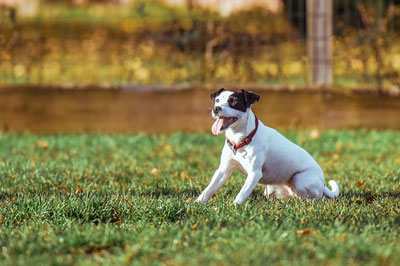
Imagine if your dog or cat got lost. You’d want to give him or her the best chance of getting home. With microchipping, you can.
Microchipping is a safe, permanent way to identify your pet in case he or she becomes lost. A microchip, which is a tiny device about the size and shape of a grain of rice, is placed just under the loose skin at the back of the neck. When a lost dog or cat without an ID tag is found, a veterinarian or veterinary technician will use a handheld microchip scanner to check for a chip. If the pet has one, it will transmit its ID number to the scanner via a low-frequency radio wave. The veterinary hospital or shelter then calls the chip manufacturer, retrieves the pet owner’s contact information, and calls the owner.
Even the most responsible pet owners can’t always guarantee their pet won’t get lost. A leash could break or slip out of your hand, a pet could push through a screen door or window, or a contractor or friend might accidentally leave a door or gate open.
We recommend that you use a microchip, along with a collar and ID tag, to identify your pet. An ID tag is still a reliable identification method. Pets that have tags with current contact information are more likely to not end up in shelters and tend to get home faster than those without tags. However, collars and ID tags aren’t permanent and can be removed (overnight or for grooming); pets can also lose them. With a microchip, your pet will have a much better chance of being identified and returned to you. Pets without microchips that end up in shelters may be adopted out to another family or even euthanized.
Please contact us to schedule an appointment to microchip your pet. Although we hope your pet never becomes lost, we want you to be prepared. We can also suggest a plan to have in place so if your pet does go missing, you’ll be able to act quickly.
We can microchip rabbits, and other companion animals, too!
Even the most responsible pet owners can’t always guarantee their pet won’t get lost. A leash could break or slip out of your hand, a pet could push through a screen door or window, or a contractor or friend might accidentally leave a door or gate open.
We recommend that you use a microchip, along with a collar and ID tag, to identify your pet. An ID tag is still a reliable identification method. Pets that have tags with current contact information are more likely to not end up in shelters and tend to get home faster than those without tags. However, collars and ID tags aren’t permanent and can be removed (overnight or for grooming); pets can also lose them. With a microchip, your pet will have a much better chance of being identified and returned to you. Pets without microchips that end up in shelters may be adopted out to another family or even euthanized.
Please contact us to schedule an appointment to microchip your pet. Although we hope your pet never becomes lost, we want you to be prepared. We can also suggest a plan to have in place so if your pet does go missing, you’ll be able to act quickly.
We can microchip rabbits, and other companion animals, too!




